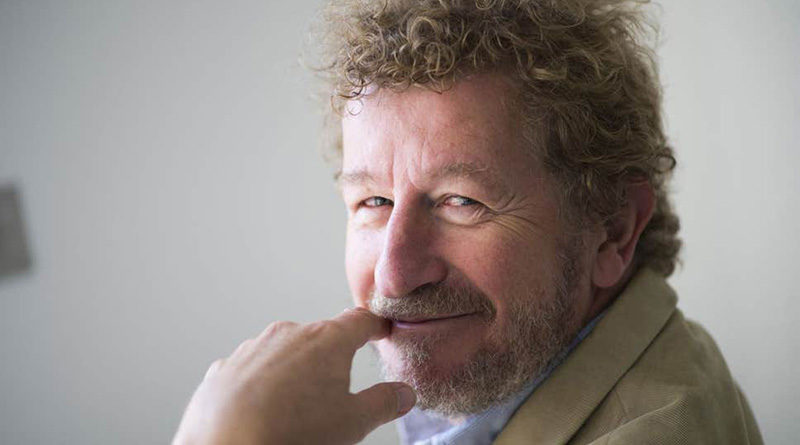Julian Jaynes’ Theory Served as Inspiration for Sebastian Faulks’ Novel “Human Traces”
by David Sexton
For lots of journalists, Sebastian Faulks is the one that got away. In 1991, then in his late thirties, after having published three novels that sold only modestly, he took voluntary redundancy from his job at The Independent newspaper. Although for a while he continued to contribute as a freelance to other papers — including a weekly column here at the Standard for two years — the extraordinary success of his fourth book, the First World War drama Birdsong, published in 1993, made any such further work entirely optional.
… His own favourite, unfortunately, is his dullest, Human Traces, of 2005, an 800-page didactic monster that took five years to research and write, about two doctors setting up a pioneering psychiatric asylum in 19th-century Austria. They explore various early theories of the mind, including “bicameralism”, a controversial theory put forward by American psychologist Julian Jaynes, which argued that until about 1000BC people were not fully conscious: instead, one speaking half of the brain dictated to the other half and was accepted as divinely inspired…


